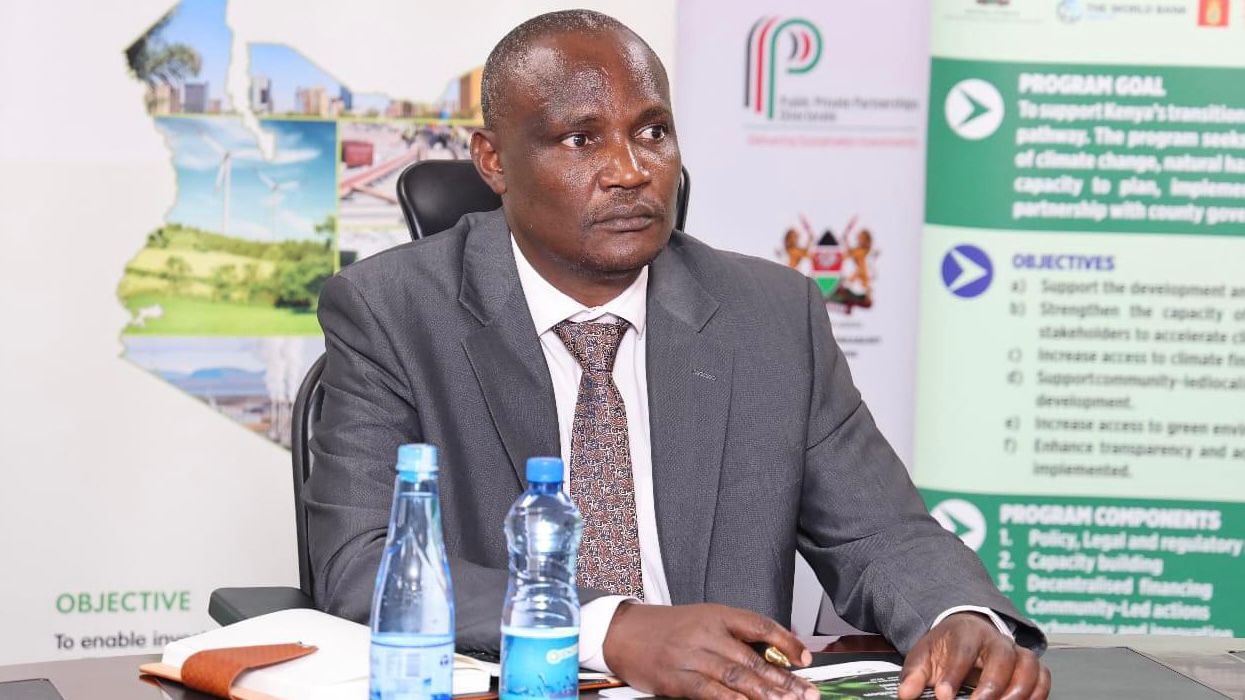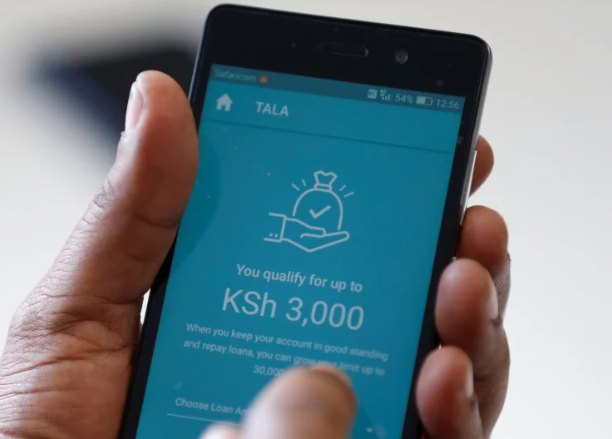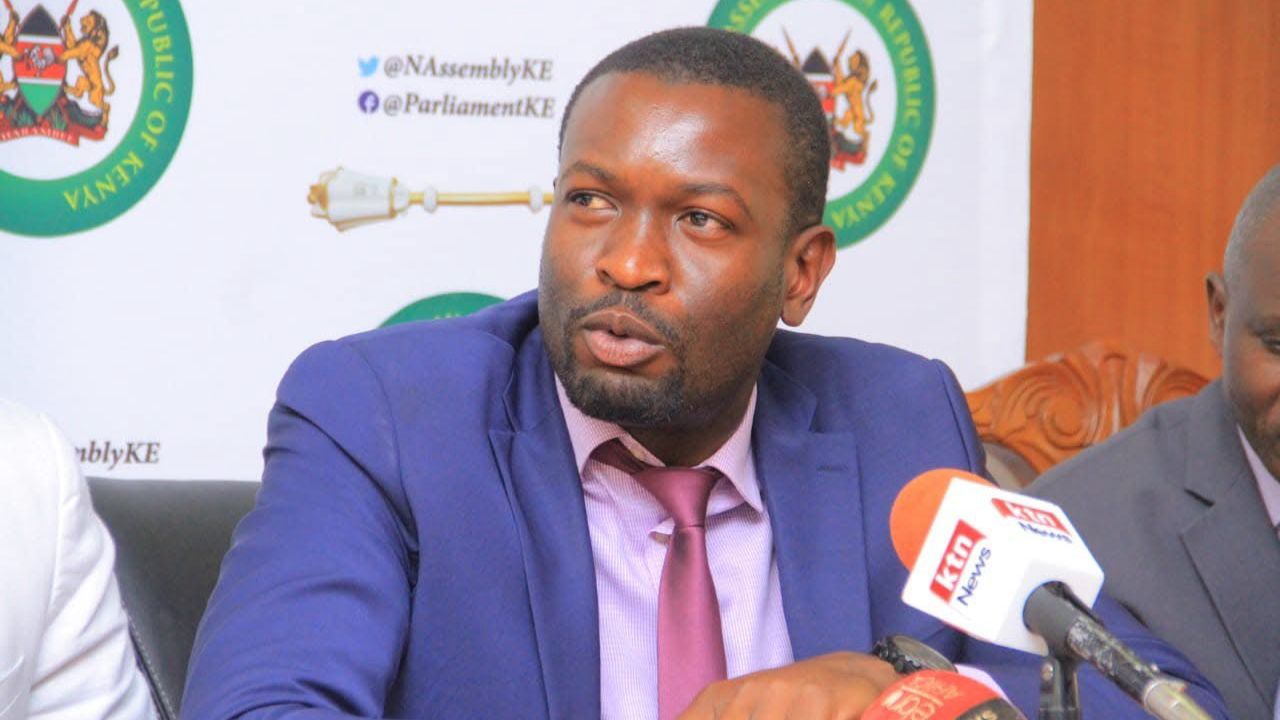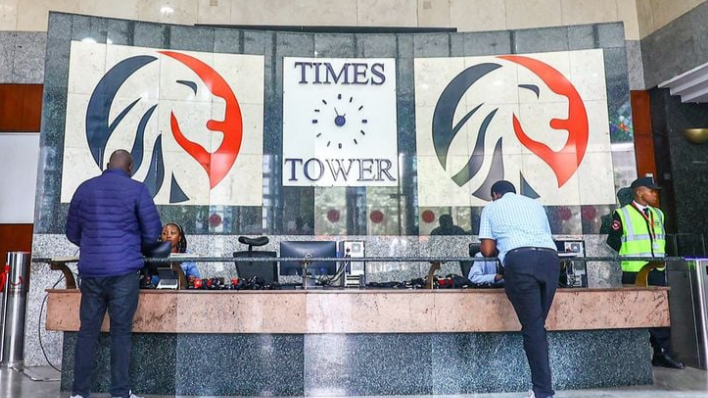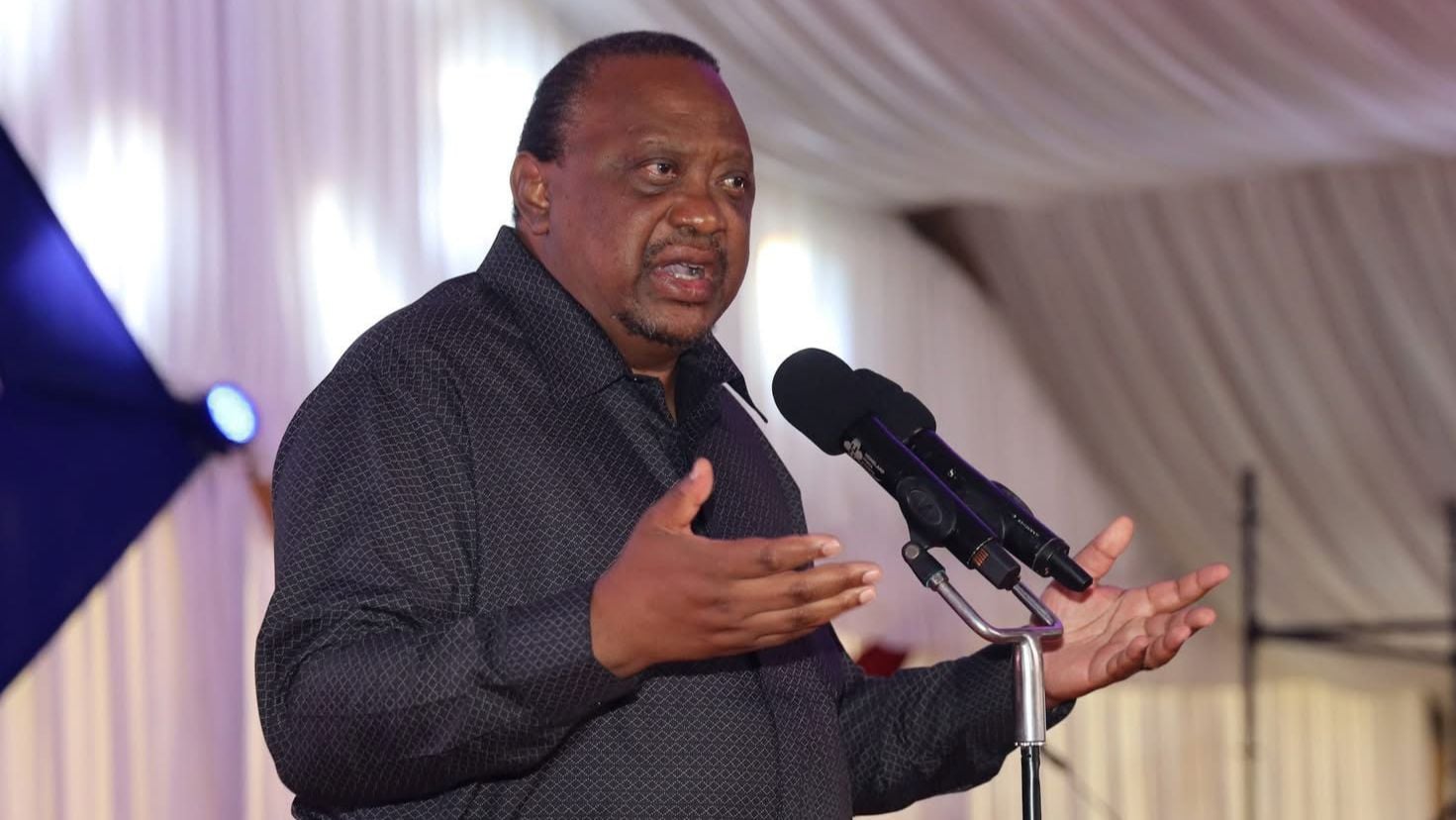Treasury Cabinet Secretary John Mbadi has acknowledged that Kenyans are still not enjoying the fruits of the economic reforms initiated by the Kenya Kwanza administration.
Speaking during an engagement with Bunge la Wananchi on Monday, February 3, the CS noted that many Kenyans were still wondering why there was no money in their pockets, further attributing the scenario to three factors including government borrowing in the domestic market.
Domestic Borrowing by Gov't
As explained by the CS, the government had previously been borrowing from local banks, a move that saw the private sector locked out from taking loans.
As a result, many businesses and private companies could not expand their businesses and create employment at the same time.
Read More
Treasury CS John Mbadi explains why Kenyans don't have money in their pockets.
— NairobiLeo.co.ke (@Nairobi_Leo) February 3, 2025
It's true Kenyans are struggling - CS Mbadi. pic.twitter.com/LemALQdzbM
"Banks have not been able to give money to the private sector. They have not been borrowing money to expand their businesses and to create job opportunities for the youth," he added.
"That is why we have 4 million Kenyans who are supposed to be working and are not working. You have now seen the banks lowering the interest rates because of the deliberate efforts to reduce government borrowing and interest rates."
Salaries
On the other hand, he noted that the government had introduced various programmes that saw Kenyans pay more taxes through the Affordable Housing Programme and the Social Health Insurance Fund (SHIF).
Consequently, given the rise in tax programmes, employed Kenyans were taking less income home at the end of the month.
However, Mbadi detailed that the government had undertaken some reforms such as making SHIF and the Housing Levy tax deductible.
Therefore, Kenyans are currently taking home more home than they did in previous months.
Pending Bills
Mbaid also explained that the outstanding pending bills had affected many businesses, especially small and medium businesses.
According to the CS, the government owed businesses slightly over Ksh600 billion. However, the pending bills are being evaluated by a committee.
Mbadi added that the committee had already verified Ksh200 billion, an amount that will be paid to the businesses through a supplementary budget.
